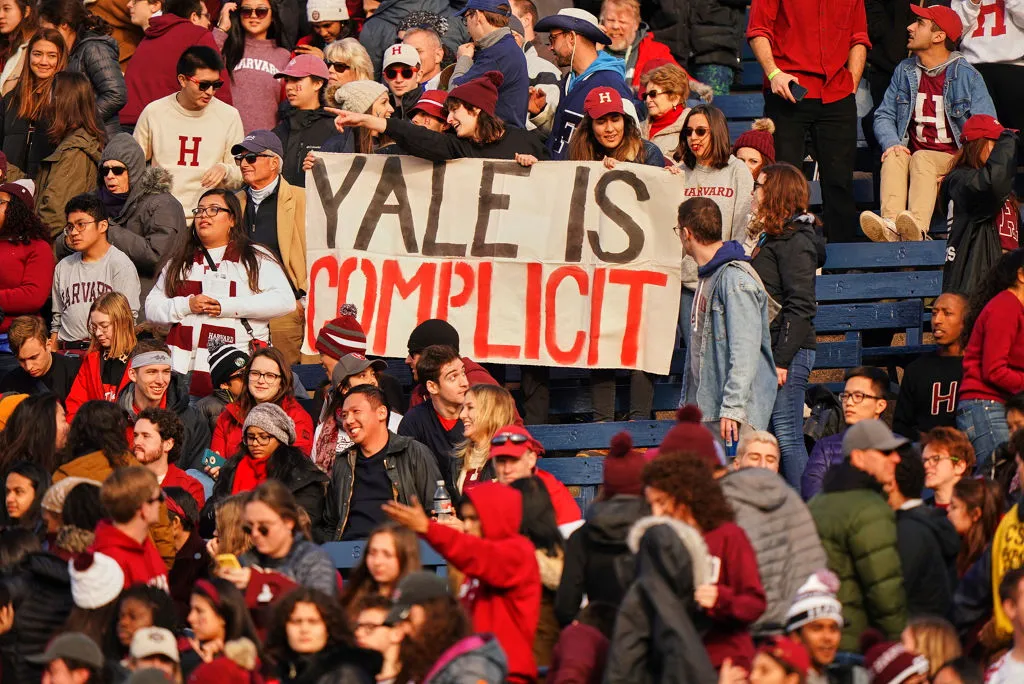“Academia Gives Me Hope” A futurist counternarrative from Bryan Alexander


One of the best feelings as a reader is coming across a book that challenges my thinking, and exposes me to ideas I hadn’t considered before. This was how it felt reading Universities on Fire: Higher Education in Climate Crisis, a forthcoming book from her education futurist Bryan Alexander.
I first interviewed Bryan a few months ago, and even though climate change wasn’t the focus of our conversation, I was captivated when he led us there. Despite spending years reporting on higher education and editing policy journalism, I had yet to see someone lay out the reality facing colleges in this way. As Bryan describes it, the climate crisis is already here — and if colleges aren’t already grappling with it, they need to start.
I got to read a draft copy of Bryan’s book for this column and tore through it. It explores how colleges can respond to the climate crisis, and highlights dozens of unique approaches , including the types of interdisciplinary courses faculty could teach and how college campuses could be redesigned amid increasing temperatures, raging wildfires, and rising sea levels. Despite being neither a climate change expert nor an academic, I found it accessible, engaging, and —perhaps surprisingly, given the topic — energizing.
Universities on Fire is slated for a March 2023 release. Pre-order a copy here and follow Bryan on Twitter here.
**This interview has been lightly edited for length and clarity.**
Let’s start at the very highest level here, to set up our conversation. You’re a higher education futurist. First off, what does this work mean to you, and what inspired you to pursue it?
Being a higher education futurist means I help people think more strategically, creatively, and effectively about academia’s future. “People” are all kinds of people within academia, from presidents and boards to professors, librarians, students, technologists, and others, in addition to people outside the academy who work within it – i.e., scholarly publishers, educational technology companies, government officials working on post-secondary education, foundation officers, etc. Helping them think this way involves a bunch of things, from writing books like Academia Next to giving talks and workshops, hosting weekly video conversations, and teaching Georgetown University graduate students.
Continue Reading
One of our country’s most important freedoms is that of free speech.
Agree with this essay? Disagree? Join the debate by writing to DailyClout HERE.




I receive 114 dollars each hour in exchange for a variety of online services. My best friend started and completed (ais-07) this easy task to make $27000 in just five weeks, which surprised me because I had no clue it was possible. For more details about viewing this page, go to. Anyone can immediately acquire this and start earning money online.
simply according to the instructions on this page——————–>>> https://smart.online100.workers.dev/
From a comment underneath this article on Substack:
“If this is a vision of the future of academia, I’m sorry to say that it’s extremely troubling.
“Stripped of its excess verbiage, Mr. Alexander’s call for academic activism precipitates higher education directly into partisan politics.”